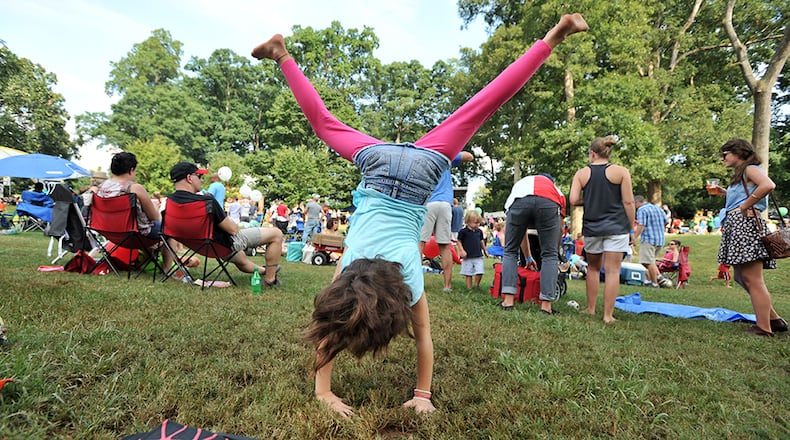What is the last thing the pandemic generation needs?
An overscheduled summer, says one educational psychologist.
“Kids are in a tough spot. They need this summer to reset and recover from the stress, grief and trauma caused by COVID,” said Dr. Michele Borba, author of “Thrivers: The Surprising Reasons Why Some Kids Struggle and Others Shine” (G.P. Putnam’s Sons, $27).
“Yes, parents want their kids to be busy, but now is not the time to catch up on missed academic and extracurricular activities,” she said.
We have always had a tendency to overschedule our kids during the summer months.
I recall in the pre-pandemic years lamenting to a friend that summer break felt almost as crazy busy as the school year. The only difference was that we started our days an hour later for summer camps that began at 9 a.m. rather than the 8 a.m. school start time.
Parents who feel that their kids have missed out on learning, activities or social interactions during the pandemic may be even more likely to try to cram it all in this summer, but they could be making a mistake, at least from a psychological perspective, Borba said.
My AJC colleagues who write about education have explored this issue extensively.
“Kids need a serious break from the stress of the pandemic. Let them play now. They can do fractions and grammar in August. No one is behind on anything but socialization skills and healthy exercise. Everyone is in the same boat and can focus on academics together when school starts,” said one mother.
Another said simply: “Break! Break! Break! This year has been rough. The last thing I want to do this summer is keep sending my kids to school.”
But educators said it is important to address inequities that may have intensified during the pandemic — whether that is done through formalized summer school programs or other opportunities for learning that don’t look or feel like school.
Atlanta Public Schools has offered the Summer Academic Recovery Academy to help reinforce math and literacy skills, but AJC education reporter Vanessa McCray writes that the programs, which launched earlier this month, have had mixed success in filling slots.
Enrollment is less than half of what was anticipated but 33% higher than summer school in 2019, McCray reports. Summer programs in other districts, including Cobb, Fulton and Clayton counties, were also below capacity.
For families who have opted out of summer school, this is a good time to focus on kids’ mental health by helping them learn to overcome challenges, manage stress and cope with disappointment, according to Borba.
Certain summer activities can help kids boost resilience and reduce stress, she said, such as free play, spending more time outdoors, reading or starting a new hobby (as long as parents allow kids to find that hobby on their own).
Athletic camps are great options for helping kids pursue goals and focus. And one of the most important lessons we can teach kids is to find joy in spending time alone.
Resilient kids are self-directed and can entertain themselves without a lot of adult supervision, Borba said, and learning to enjoy their own company is what the pandemic generation needs to thrive.
Read more on the Real Life blog (www.ajc.com/opinion/real-life-blog/) and find Nedra on Facebook (www.facebook.com/AJCRealLifeColumn) and Twitter (@nrhoneajc) or email her at nedra.rhone@ajc.com
About the Author
Keep Reading
The Latest
Featured



